Summer heat poses serious challenges for construction equipment, especially wheel loaders. Proper seasonal maintenance not only ensures safety and performance but also extends the machine’s service life. Here are the most important summer precautions and care guidelines for your wheel loader:
- Radiator Cleaning and Cooling System Care
Due to dry and dusty summer conditions, dust buildup can quickly clog the radiator, reducing heat dissipation and increasing engine temperature.
Use low-pressure water when cleaning to avoid damaging the radiator fins.
Avoid spraying oil or grease on the radiator, which traps dust and forms stubborn clogs.
Maintain engine water temperature between 70–80°C during normal operations; do not exceed 95°C during high-load tasks.
If overheating occurs, cool down with idle speed, and never shut off the engine immediately—this could lead to piston seizure.
When opening the radiator cap, cover it with a wet towel to avoid scalding from steam.
- Brake System Attention
Wash off any mud and debris from brake discs regularly to prevent damage to dust seals and avoid brake jamming.
Remove stones promptly to avoid disc scratches.
If a burnt smell is detected while driving, pull over to check for brake overheating or smoke.
- Engine and Lubrication Maintenance
High temperatures reduce engine oil viscosity, affecting lubrication and power. Open the side engine cover for better ventilation.
Check fan belts for fatigue, deformation, or looseness; replace with correct specifications and adjust tension properly.
Inspect the upper radiator hose for cracks or leaks. If minor, AB glue can offer a temporary fix.
Use antifreeze year-round for cooling and anti-corrosion. Replace every two years to avoid scale buildup.
- Transmission and Torque Converter
Before summer, replace transmission oil and return filters.
Check fluid levels regularly. Low or dirty oil affects cooling and lubrication.
For torque converters, maintain oil temperature at 70–110°C, not exceeding 120°C.
If oil levels are abnormal or pump pressure is low, inspect transmission pump and control valves.
- Drive Axle and Hydraulic System
Check for overheating by feeling the axle housing.
Watch for oil leaks at gear joints or wheel reducers.
Address any abnormal noises, which may be due to gear or bearing clearance issues.
For the hydraulic system:
Always use clean hydraulic oil and avoid low-quality seals.
Clean the bottom of the tank before refilling, and fill to the proper level (not excessive).
Ensure correct assembly of valves and piping; never adjust safety valves blindly.
- Battery and Fire Safety
In high heat, battery fluid evaporates quickly. Refill with distilled water or electrolyte as needed.
Clean terminals and ensure firm connections. Keep ventilation holes clear.
Fix batteries securely to avoid vibration damage.
Equip the toolbox with a fire extinguisher, stored outside the cab, as the interior may overheat and pose explosion risks.
Avoid leaving lighters, perfume, or air fresheners in the cab during summer.
- Electrical & Fuel System Checks
Inspect wires for aging or cracking. Use insulating tape and tighten loose terminals.
Check fuel lines for loose fittings, leaks, or wear. Replace immediately to prevent fire hazards.
- Air Filter and Engine Breather
Summer dust can clog the engine breather. Clean it frequently using compressed air to ensure optimal engine airflow.
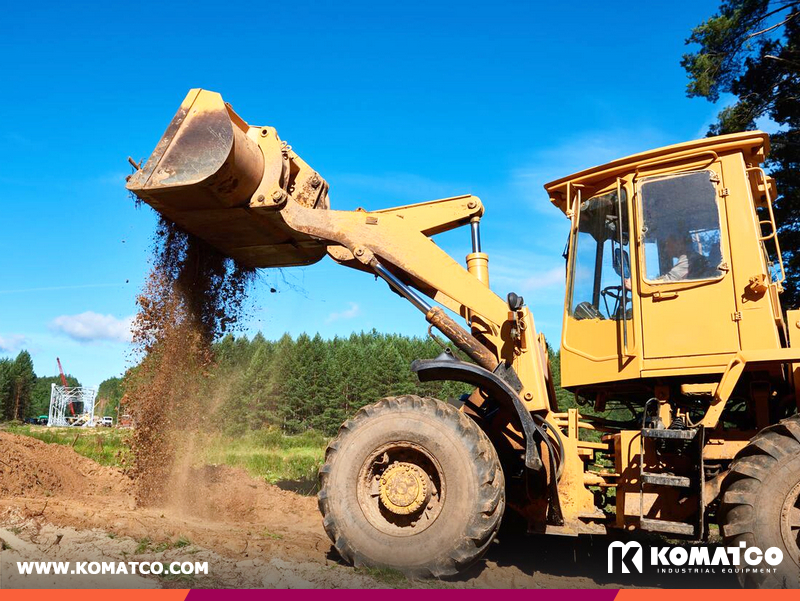
-
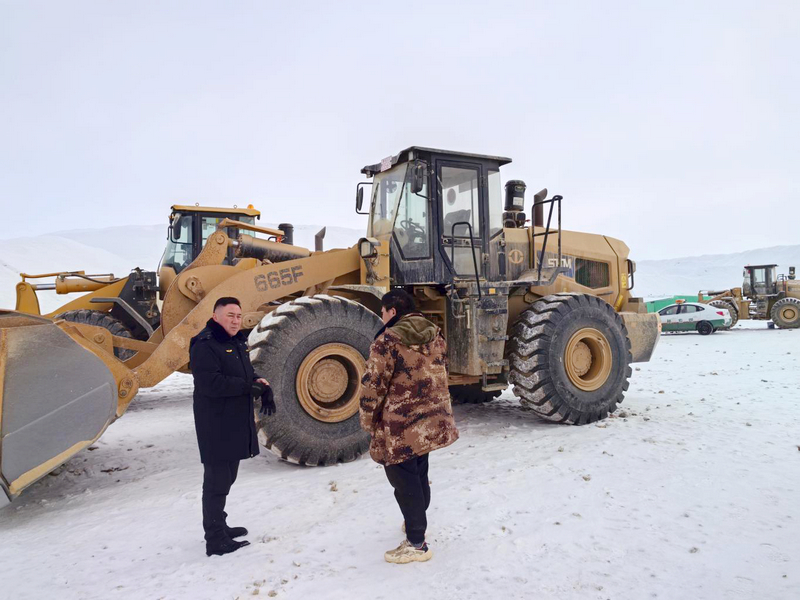 Avoid Winter Pitfalls: Prevent Overcooling Damage to Your Equipment2026-01-27
Avoid Winter Pitfalls: Prevent Overcooling Damage to Your Equipment2026-01-27 -
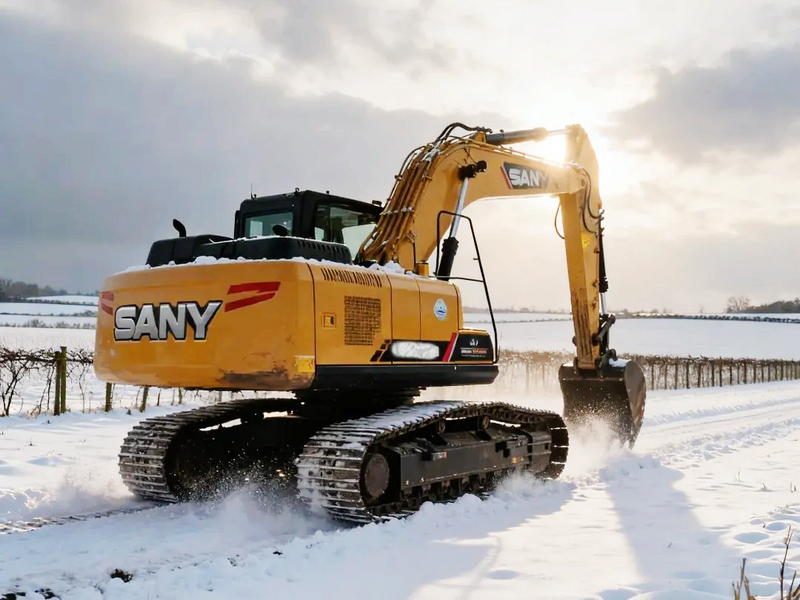 SANY Mining Excavator Services Earn Global Recognition2025-12-26
SANY Mining Excavator Services Earn Global Recognition2025-12-26 -
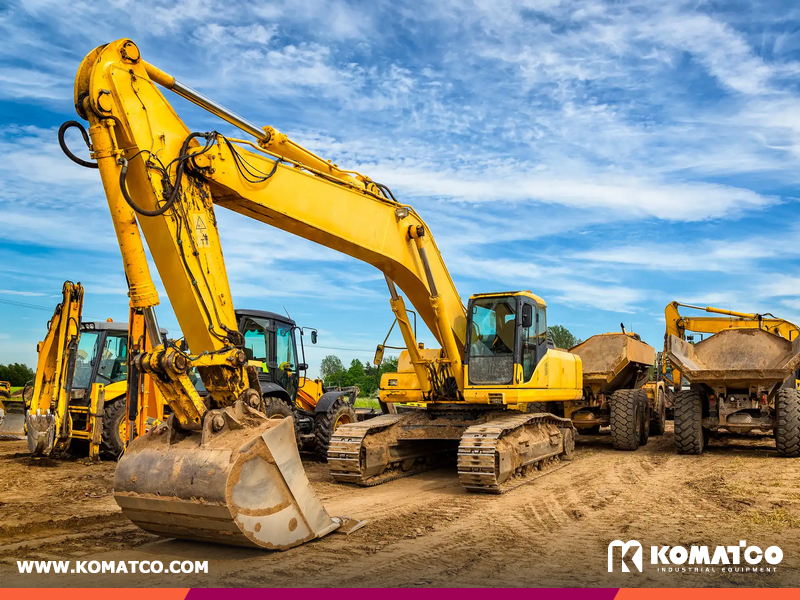 How to Check Excavator Belt Tension2025-11-19
How to Check Excavator Belt Tension2025-11-19 -
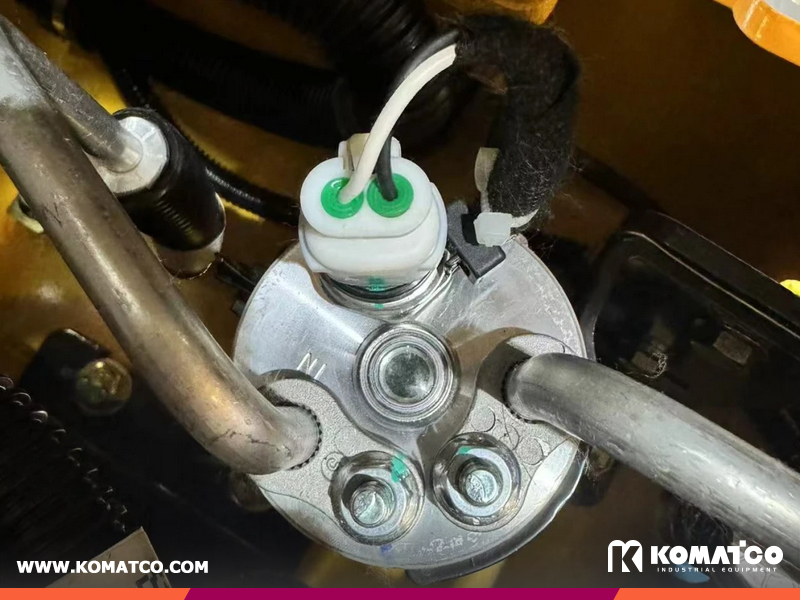 Summer Excavator Air Conditioning Use and Maintenance Guide2025-10-13
Summer Excavator Air Conditioning Use and Maintenance Guide2025-10-13 -
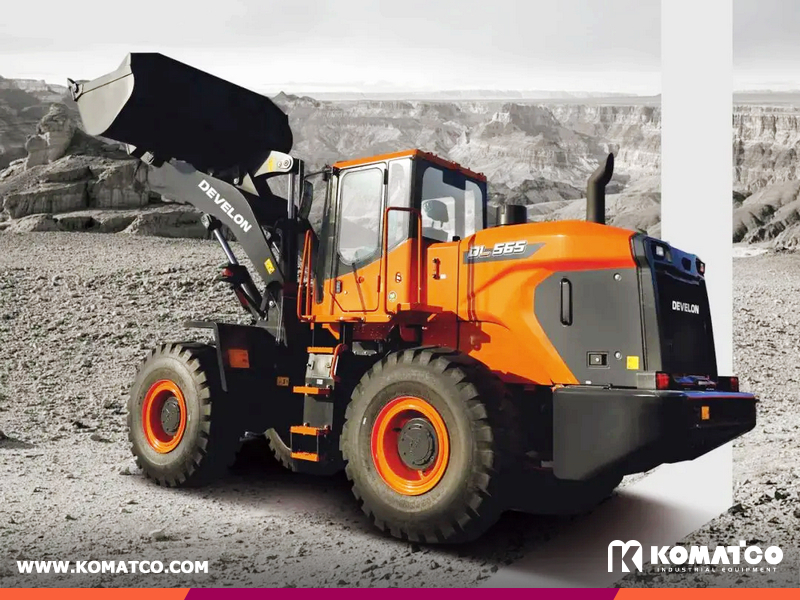 Long-Term Storage Guidelines for Wheel Loaders2025-09-18
Long-Term Storage Guidelines for Wheel Loaders2025-09-18















